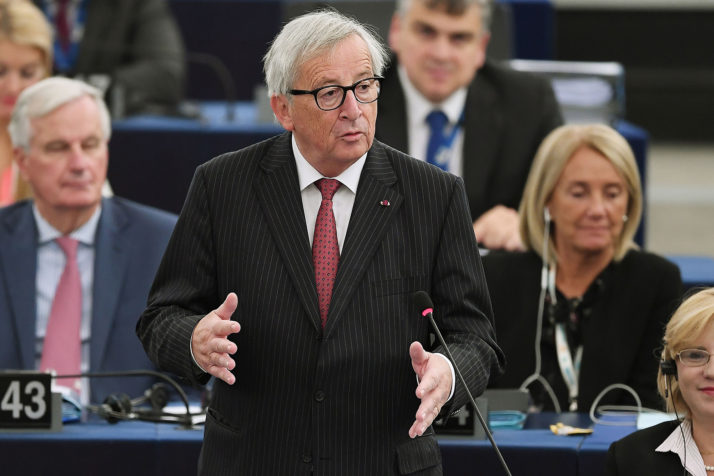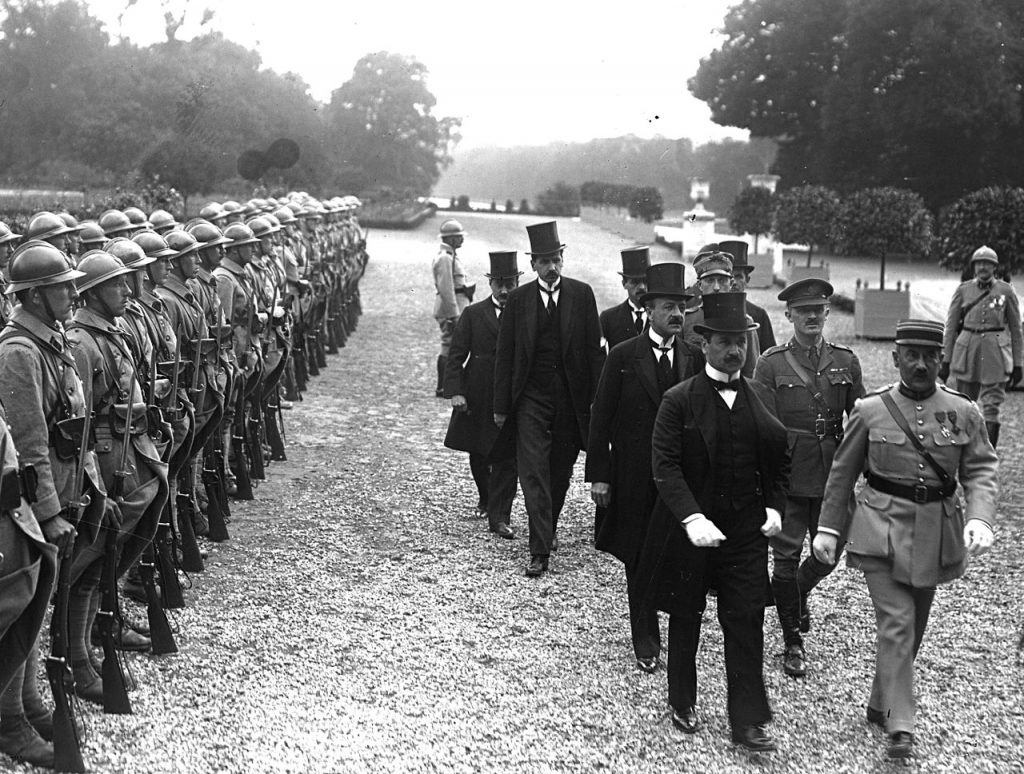While the primary goal of Transylvania Now is to inform the world about the region beyond the ubiquitous Dracula clichés, we are nothing if not altruistic. You should know, for example, that perusing our historical and beginner’s guide articles is a great way to avoid embarrassing yourself when speaking about Romania in general or Transylvania in particular.
In that sense, we provide an invaluable public service to aspiring or practicing politicians and other public speakers. Even if you happen to be a seasoned politician with an all-encompassing world view and encyclopedic knowledge regarding the world surrounding us, you can still make inadvertent mistakes, like Jean-Claude Juncker:

The president of the European Commission recently greeted Romanian President Klaus Iohannis in Strasbourg saying that “the centenary of Romania is also a celebration for the EU and we will celebrate together this great Romanian and European moment”.
To set the record straight: One hundred years ago on December 1st, the assembly of Romanians in Transylvania decreed by unanimous vote “the unification of those Romanians and of all the territories inhabited by them with Romania.” This was later also recognized in the so-called Trianon Treaty between the allies of WWI and the Kingdom of Hungary.

In this treaty, Hungary lost 72 percent of its territory and 64 percent of its population, most of it divided between the Kingdom of Romania, the Czech Republic and the Kingdom of Yugoslavia. In a century that saw some very dark days, this event remains one of the gravest historic traumas that Hungary has suffered during its more than 1,000 years of statehood.
In view of the above, it should be both obvious and understandable that while Romania has ample reason to celebrate this centenary, it is a rather less joyous occasion for Hungary and especially for Hungarians in Romania. So if you want to avoid the proverbial egg on your face, feel free to educate yourself, tread a bit more diplomatically and avoid such faux pas.
Update: Romania not fit for EU presidency, says EU’s Jean-Claude Juncker